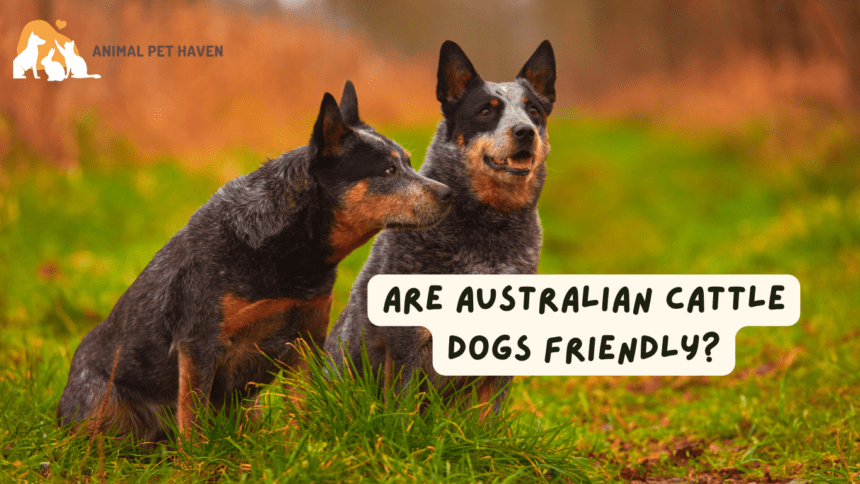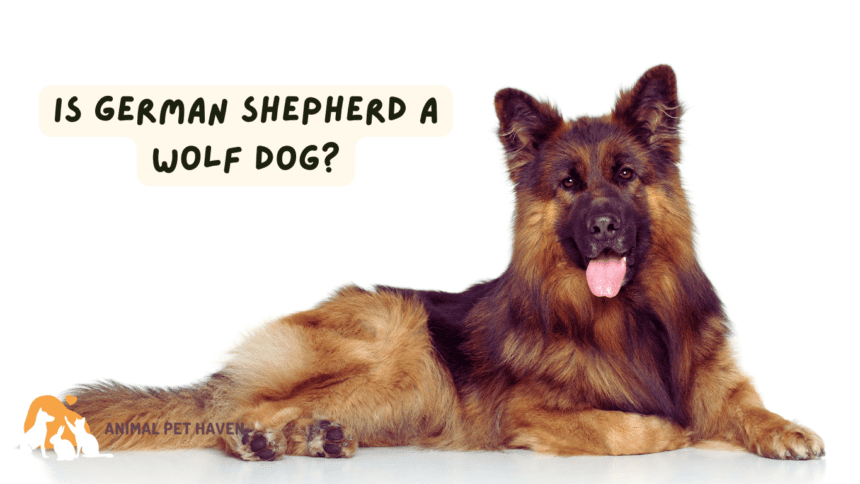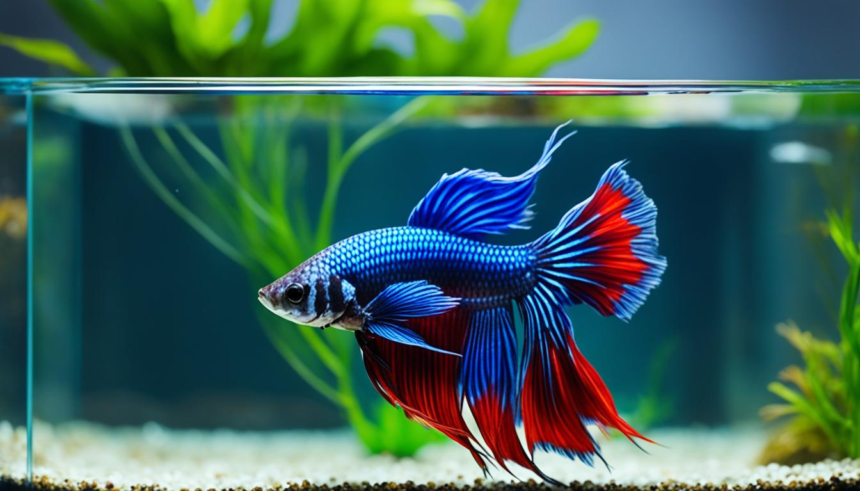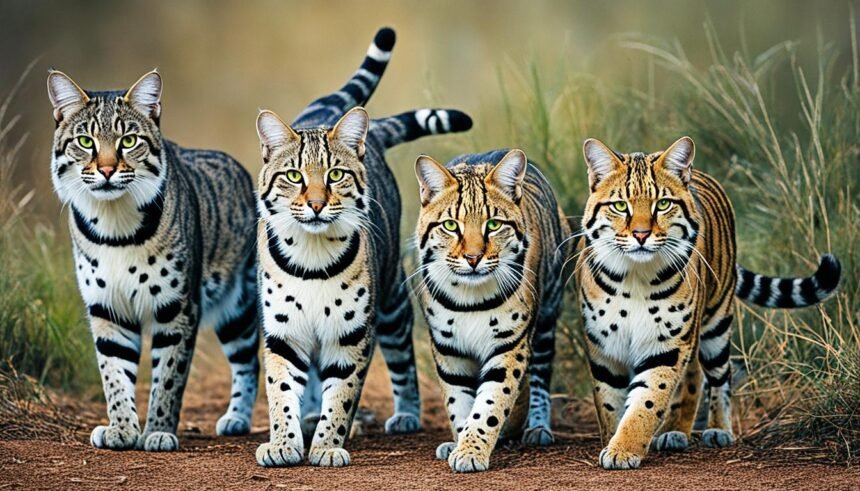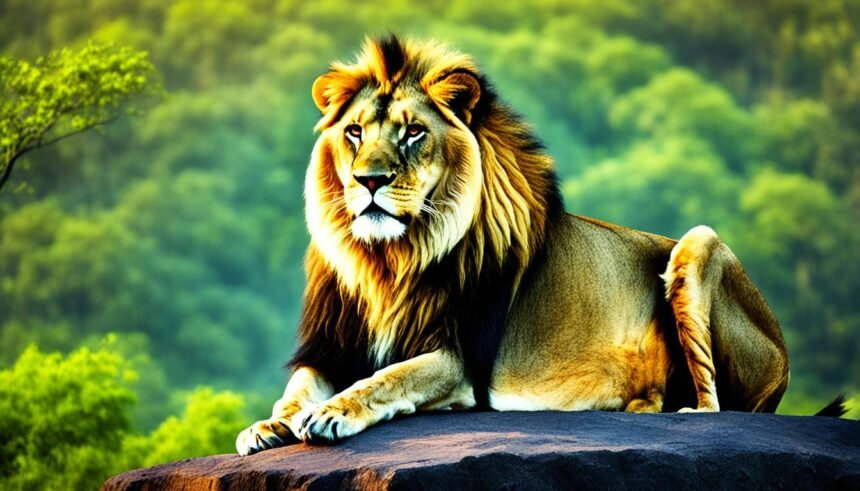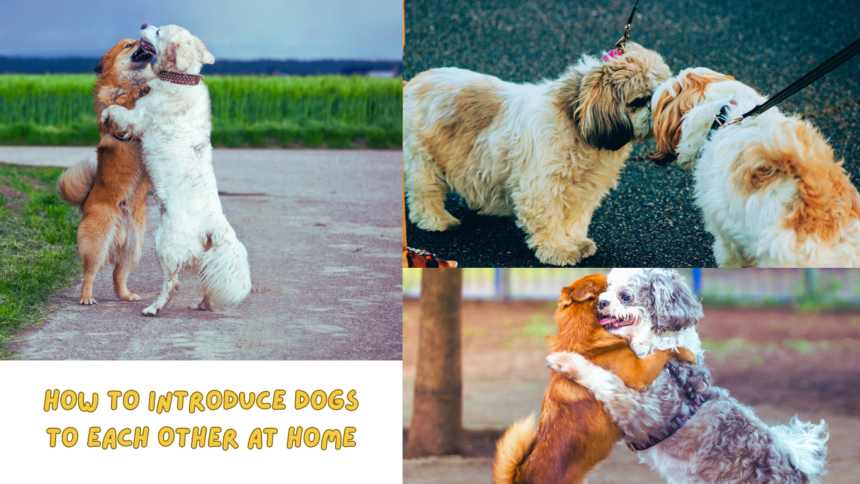Starting the journey of munchkin cat adoption is exciting for those looking for feline companionship. These cats stand out with their short legs and fun personality. They have a unique look, with round heads and big eyes, making them very special.
Munchkin cats love being around people and other pets. They are smart and can even stand on their hind legs. If you’re thinking of adopting a munchkin cat, you’ll love their playful and loving nature.
The munchkin breed is a newer addition to the cat world, related to Persian and Bengal cats. It’s important to adopt from a good source. This ensures your new cat is healthy and comes from a responsible place.
In short, a munchkin cat will be a great addition to a loving home. They are not just cute but also smart and full of life. Every jump and purr shows why they are such wonderful pets.
Understanding the Munchkin Cat Breed
The Munchkin breed is known for its short legs due to a genetic mutation. It has won the hearts of cat lovers worldwide. Despite being recognized recently, their history is quite interesting in the feline world.
History and Breed Recognition
In 1991, munchkin cats were first found in Louisiana, USA. Their short legs come from a natural genetic change. The International Cat Association (TICA) officially recognized them in 2003. This recognition helped spread their popularity through media and cultures.
Physical Characteristics: The Iconic Short Legs
The munchkin breed is famous for its short legs, thanks to a genetic mutation. Adult munchkins weigh 5-9 pounds and are 6-9 inches tall. They have normal-sized heads and faces, unlike other dwarf cats.
| Feature | Description |
|---|---|
| Height | 6-9 inches at the shoulder |
| Weight | 5-9 pounds |
| Legs | Short due to genetic mutation |
| Head and Face | Normal proportions, unlike feline dwarfism |
Behavior and Temperament Profile
Munchkin cats are loved for their playful nature. They act like kittens even as adults, showing curiosity and smarts. They love being around people and learn quickly with positive rewards.
These cats are perfect for families wanting a unique and loving pet.
Munchkin Cat Adoption

Los Angeles is a great place to find a munchkin cat. These cats are known for their friendly nature and are perfect for companions. Adopting a munchkin kitten means you’re ready to give love and care to a new friend.
Looking to adopt a munchkin kitten? You’ll find many in cities near Los Angeles. The adoption process is now easier, making it simpler for families to welcome a new pet. Remember, munchkins love to jump high, so get ready for fun playtime.
| Munchkin Cat Fact | Details |
|---|---|
| Location Focus | Los Angeles, California |
| Breed Focus | Specialized in Munchkin Breeding |
| Registration | TICA Registered |
| Health Guarantee | Offered for all Munchkin Kittens |
| Availability | Munchkin kitten for sale |
| Average Rating | 4.17 out of 5 stars |
| Maximum Jump Height | Up to three times their height |
| Percentage with 5-Star Rating | 60% |
Adoption agencies in Los Angeles focus on love and care. They offer a health guarantee for munchkin kittens, with a high average rating. This shows the quality and happiness of these pets, making them a great addition to any home.
When thinking about adopting a munchkin, consider those in need of a loving home. These cats bring joy and unique traits to any home. Whether you choose a munchkin kitten or a Scottish Fold Munchkin, they will surely brighten your life.
Where to Find Munchkin Cats for Adoption
Finding the perfect munchkin cat means knowing where to look. You can adopt from local shelters, contact breeders, check catteries, or look online. Each option has its own benefits and drawbacks.
Adopt from Shelters vs. Catteries
Shelters have munchkin cats waiting for homes. It’s a way to support animal welfare. You’ll find cats of different ages and backgrounds here.
Catteries focus on breeding munchkins. They offer detailed info on the cat’s family and health. Whether you like the surprise of a shelter cat or the known history of a cattery munchkin, both paths help with adoption.
Utilizing Online Resources like Adopt a Pet
Online platforms like Adopt a Pet make finding munchkin cats easier. They let you see many listings from different places. This increases your chances of finding a munchkin that fits your life.
Reddit forums share stories and advice on munchkin cats. They talk about adoption, finding good breeders or catteries, and more. Joining these groups can help you make a better choice.
| Quality | Rating (Out of 5) |
|---|---|
| Playfulness | 5 |
| Activity Level | 4 |
| Friendliness to Other Pets | 5 |
| Friendliness to Children | 4 |
| Grooming Requirements | 3 |
| Vocality | 2 |
| Need for Attention | 5 |
| Affection Towards Owners | 5 |
| Docility | 4 |
| Intelligence | 5 |
| Independence | 1 |
| Hardiness | 3 |
Think about the cat’s personality, how much attention it needs, and grooming. This will help make sure the munchkin fits well in your home and meets your needs.
Preparing Your Home for a Munchkin Cat

Getting a munchkin kitten starts an exciting journey. Making your home ready for them helps their settling and keeps them happy. We’ll talk about what you need to do to make your home welcoming for this fun breed. They are full of energy and love to be around others. So, making some changes to your home is important.
Essential Supplies for Your New Kitty
A munchkin kitten needs special items because of its size and playful nature. You should get:
- Low-profile litter box: Easier for their short legs.
- Step-in bed or shallow cave: Provides comfort and easy access.
- Short scratching posts and ramps: Encourages climbing without the need for high jumping.
- Interactive toys: To stimulate their agile and inquisitive nature.
- Food and water dishes: Preferably shallow to be easily reachable.
Creating a Safe and Welcoming Environment
Creating a home for a munchkin cat is more than just buying things. It’s about making a space that meets their needs. Cat lovers know munchkin kittens like to explore and be part of their world.
Here are some important steps to make your home safe and nice for your kitty:
- Secure loose wires and cords to prevent chewing or tripping hazards.
- Install cat-friendly shelves or window perches where your kitty can observe the outside safely.
- Remove or secure potentially hazardous items like toxic plants, small objects they could swallow, and heavy items that could fall over.
- Set up a separate feeding area away from high-traffic zones to give your new kitten a sense of security while eating.
Let’s look at a table to help cat lovers plan better:
| Aspect | Significance | Stats |
|---|---|---|
| Cat-Friendly Zones | Reduces stress during adjustment | Cats show reduced anxiety levels by 40% in designated zones. |
| Child-pet interaction education | Improves pet safety and child empathy | 50% fewer aggressive pet interactions. |
| Safety Proofing | Prevents accidents and injuries | Significant decrease in pet household accidents. |
| Gradual Pet Introductions | Facilitates harmony in multi-pet homes | 70% improvement in pet relations over time with careful introduction. |
By following these tips, you make a loving and lively home for your munchkin kitten. This careful planning shows your kitten they are truly loved and cared for in their new home.
The Health and Longevity of Munchkin Cats
Munchkin cats are known for their short legs, thanks to a genetic mutation. This trait makes them both cute and resilient. They come from a natural mutation and have sparked interest and concern about their health and well-being. Despite their unique look, with the right care, Munchkin cats and kittens can live a long and healthy life.
Average Lifespan and Common Health Concerns
Munchkin cats usually live between 12 to 15 years with proper care. Their short legs can lead to health issues like arthritis. They might also have genetic problems like lordosis and pectus excavatum. Being careful about their diet is key to avoid obesity, which can make these problems worse.
Importance of Regular Veterinary Care
Regular vet visits are crucial for Munchkin cats. Experts recommend check-ups, shots, and catching health problems early. Watching their diet and making sure they exercise can also help prevent obesity and related issues.
| Health Concern | Description | Preventive Measures |
|---|---|---|
| Obesity | Excess body fat that can exacerbate skeletal issues | Limited calorie intake, regular exercise |
| Arthritis | Joint wear due to unusual limb structure and obesity | Weight management, joint supplements |
| Genetic Disorders | Lordosis and pectus excavatum affecting vital organs | Early screening, regular check-ups |
To ensure Munchkin cats are healthy, careful breeding is important. Owners who care for their pets see that these cats can live full and happy lives. With their unique looks and loving nature, the right care makes all the difference.
Selecting the Right Munchkin Cat for You
Adopting a munchkin kitten or cat is exciting, especially with their unique needs and traits. To find the perfect match for your family, consider several factors. Think about whether to adopt a kitten, an adult, or a senior cat. Also, understand the munchkin cat’s temperament to ensure a loving home.
Considering Age: Kitten, Adult, or Senior
Each munchkin cat’s life stage has its own benefits and challenges. Kittens are playful and need training but adjust fast to new homes. They’re great for active families. Adult cats are less demanding and have clear personalities, making them easier to choose for adopters. Senior cats are ideal for quiet homes and offer a calm companionship but need more medical care.
Temperament Matching for Family and Other Pets
Munchkin cats are social and outgoing, but each one is different. When choosing a munchkin cat, think about how it fits with your home. Families with kids or other pets should find a friendly and adaptable cat. Spending time with the cat before adopting helps ensure it fits your lifestyle.
Here are some key facts about Munchkin cats to consider:
- Munchkin cats are active and well-muscled, despite their short legs.
- They live about 15 years, so adopting one means a long-term commitment.
- They shouldn’t live outside because they can’t survive on their own and have health issues like lordosis.
- Longhaired Munchkins need more grooming than those with short hair.
By considering these points and matching them with the munchkin cat’s needs, you’ll likely find a loving home for both your family and your new pet.
How Much Does it Cost to Adopt a Munchkin Cat?
Thinking about getting a Munchkin cat? It’s important to know the costs for adoption, setup, and care. We’ll look at adoption fees, initial costs, and ongoing expenses. This will help you get ready for your new pet.
Understanding Adoption Fees and Initial Costs
Adoption fees for a Munchkin cat can be between $40 and $300. This is lower than buying from a breeder, which can cost $1,500 to $3,000. These fees often include the first vaccinations, microchipping, and sometimes spaying or neutering, adding up to $450 to $600.
Setting up your Munchkin cat’s home with a litter box, cat bed, scratching posts, and toys can cost $313 to $1,250. This ensures your cat has everything needed for a good start in its new home.
Factor in Long-Term Care and Potential Health Expenses
Long-term care includes food, which can be $25 to $70 a month, and grooming, which is $10 to $70 a month. Regular health check-ups and preventive care are key, especially for Munchkins prone to health issues. These can cost $100 to $300 a year.
Pet insurance, averaging $15 to $50 a month, is vital for unexpected medical costs. Conditions like hyperthyroidism or FLUDT can cost $1,500 to $2,500 to treat.
Munchkin cats are fun and need toys and activities, costing $20 to $25 a month. While the costs add up, the joy and companionship they bring are worth it. Budgeting for both expected and unexpected expenses ensures your cat stays happy and healthy.
Caring for Your New Munchkin Cat
Welcoming a Munchkin cat into your home means starting a routine of care that fits their unique needs. It’s important to focus on their diet and grooming to keep them healthy and happy. Whether you have a playful kitten or a calm adult Munchkin, knowing how to care for them is key to a happy life together.
Best Diet for Your Munchkin’s Health and Energy
Munchkins are lively and love to be around people, so they need a diet full of animal proteins and nutrients like taurine. A balanced diet is crucial at every stage of their life, from kittenhood to old age. It keeps their muscles strong and their coat looking great, whether it’s long or short.
Since Munchkins are full of energy, they need food that keeps them going. Make sure they always have fresh water to drink, which is important for their health.
Grooming Needs: Long-Haired vs. Short-Haired Varieties
Both long-haired and short-haired Munchkins need regular grooming to keep their coats clean and prevent hairballs. Grooming also helps strengthen your bond with your cat. Short-haired Munchkins need less brushing but still benefit from regular grooming to keep their coats shiny and healthy.
Long-haired Munchkins need more grooming to avoid mats and tangles. But all Munchkins should have their ears checked and nails trimmed regularly. Adding grooming to your weekly routine will keep your Munchkin looking and feeling great.
FAQ
What should I know before adopting a munchkin cat?
Before adopting a munchkin cat, know their playful nature and short legs from a genetic mutation. They love affection and need a safe home. Make sure your home is ready with the right supplies.
How can I find a munchkin cat for adoption?
Look for munchkin cats at local shelters, reputable breeders, or online. Websites like Adopt a Pet can help in your search.
What is the average lifespan of a munchkin cat?
Munchkin cats live about 12-14 years. Keeping them healthy with regular vet visits helps them live a happy life.
How much does it usually cost to adopt a munchkin cat?
Adoption fees for munchkin cats range from 0 to 0. This depends on their age, gender, and where they come from. Remember, there are ongoing costs for their health, food, and grooming.
What are some common health concerns for munchkin cats?
Munchkin cats are usually healthy but might face issues like lordosis and pectus excavatum. These conditions aren’t related to their short legs. Regular vet check-ups are important.
Are munchkin cats good with children and other pets?
Yes, munchkin cats are friendly and love being around people and other animals. When choosing a cat, think about how it fits with your family’s lifestyle.
What kind of diet is best for a munchkin cat?
Feed munchkin cats a balanced diet based on their activity level and age. A vet can help pick the right nutrition for them.
What are the grooming requirements for munchkin cats?
Grooming needs vary by coat type. Long-haired munchkins need regular brushing to avoid mats. Short-haired ones need less grooming but still benefit from regular care. Grooming is good for their coat and bonding with your cat.
Can munchkin cats use a regular litter box?
Yes, munchkin cats can use a regular litter box. Choose one with low sides for easy access due to their short legs.
Do munchkin cats require special care because of their short legs?
No, munchkin cats don’t need special care for their short legs. But, keeping them at a healthy weight is important. Make sure their living area is safe to prevent injuries.
Is it better to adopt a munchkin kitten or an adult cat?
Choosing between a kitten or an adult cat depends on your lifestyle and time commitment. Kittens are lively and need training. Adults might be calmer and already trained.
Where can I learn more about munchkin cat personalities and care?
Learn about munchkin cats by talking to breeders, owners, or visiting cat shows. Websites like Reddit have forums and groups dedicated to their care and personalities.




